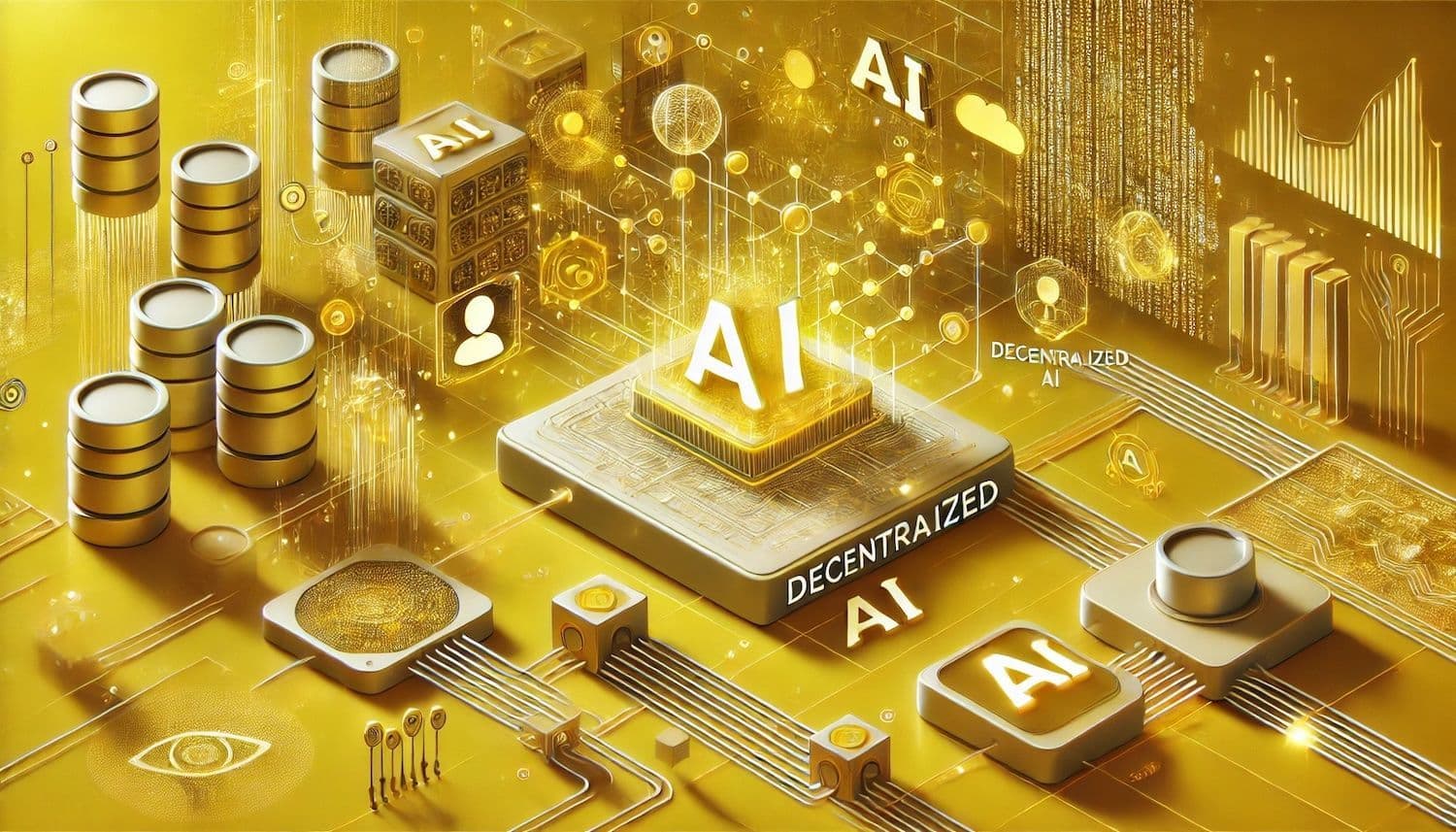AI startups are teaming up to run their services on blockchains. They're betting on decentralized tech to solve AI's development woes.
This trend follows a big-money merger between Fetch.ai, SingularityNET and Ocean Protocol. The trio aims to challenge tech giants' AI dominance.
Now, more players are jumping on the bandwagon. Lumerin, Morpheus and Exabits are the latest to join forces.
Their goal? To build an "AI agent economy" powered by decentralized computing resources.
Morpheus connects users with AI services and computing power. Lumerin manages data flow across the Morpheus network. It's also behind the core node software.
Exabits provides the hardware muscle. It's a base-layer protocol for decentralized AI computing.
This setup could revolutionize AI's future. The companies envision AI agents performing tasks across Web2 and Web3 ecosystems.
"We're moving into a new paradigm of autonomous economies," says Ryan Condron, Lumerin's project leader. He's pretty stoked about the potential.
The blockchain AI market is set to explode. Forecasts project growth to $703 million by 2025. That's a 25.3% compound annual growth rate.
MIT researchers highlight issues in AI development. These include limited data access, inflexible models, and lack of transparency.
"Centralized AI models are more prone to inherent biases," Lumerin claims. They also increase censorship and monopoly risks.
Decentralized AI could boost privacy. User context wouldn't be stored by big players like ChatGPT or Gemini.
But it's not all smooth sailing. Startups in this field face time and talent crunches.
Condron admits the challenges. "Open-source software development for a decentralized network is very, very different," he says. Coordination and cohesiveness are tough nuts to crack.
Doug Keeney, Exabits' CMO, is bullish on independent AI. "Owning our intelligence requires a decentralized approach," he argues.
The race is on. These young guns are shaking up the AI world. Will they succeed in taking on the tech giants? Only time will tell.



